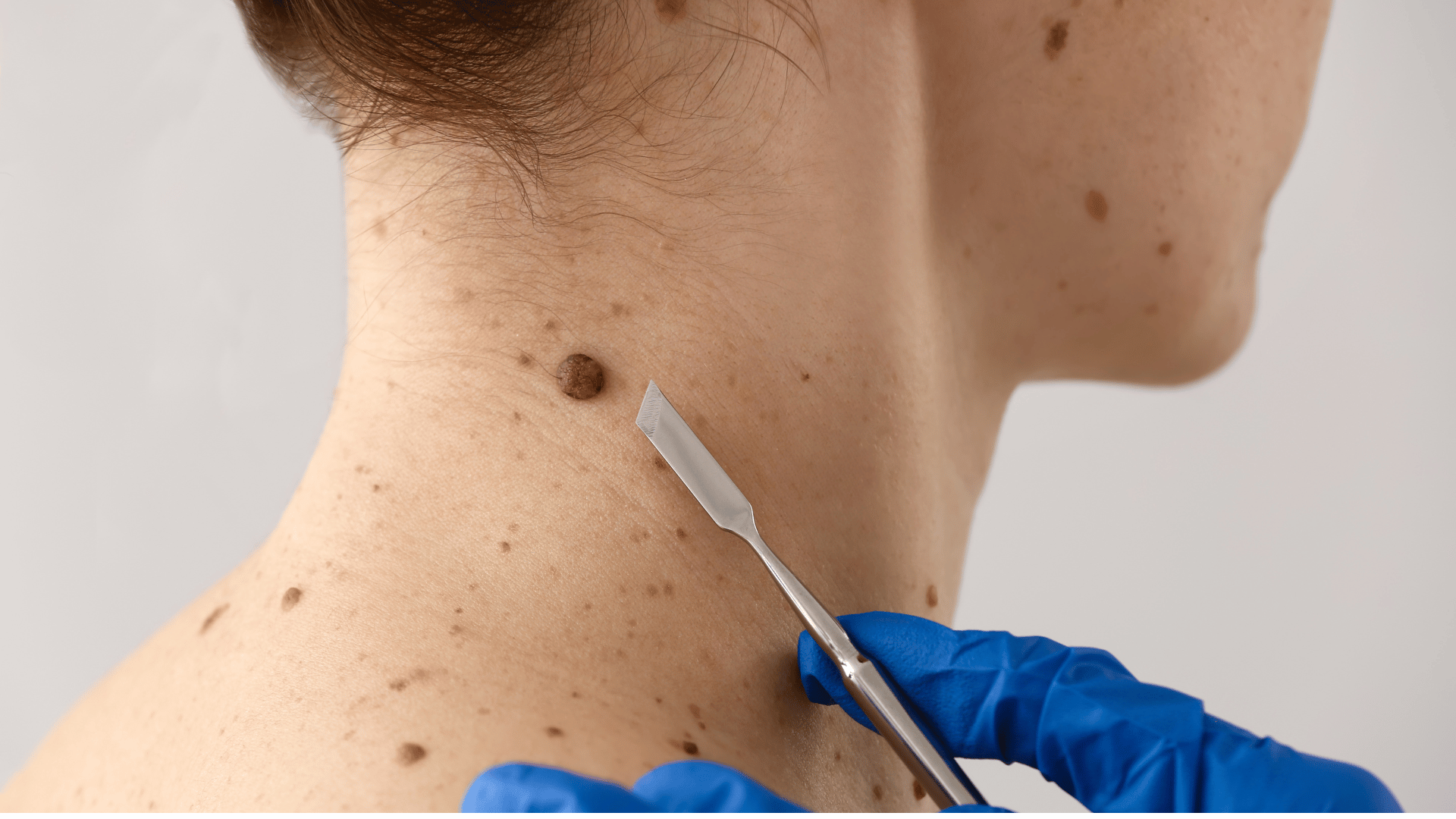Skin tags can appear anywhere on the body, but they’re especially common in areas where skin folds or rubs together. This includes sensitive regions like the eyelids, neck, underarms, groin, and even around the breasts. These areas are more delicate and prone to irritation, which raises an important question: can skin tag removal be safely performed in these zones? In Dubai, where skincare treatments are tailored to individual needs, many people are turning to Skin Tag Removal in Dubai to explore safe options for treating sensitive skin areas.
Why Sensitive Areas Require Special Attention
Sensitive skin zones are thinner, more reactive, and often more exposed to friction, moisture, or movement. This makes them more vulnerable to:

Redness and inflammation
Discomfort during treatment
Slower healing or pigmentation changes
Risk of scarring if not treated properly
Because of these factors, skin tag removal in these areas must be approached with precision and care.
Common Sensitive Areas for Skin Tags
Skin tags frequently develop in:
Eyelids: Can affect vision or cause irritation
Neck and underarms: Often rubbed by clothing or jewelry
Groin and inner thighs: High-friction zones prone to moisture
Breast folds: Common in women, especially during hormonal changes
Behind the ears: Small tags that may go unnoticed until irritated
These areas require gentle techniques and experienced handling to ensure safe and effective removal.
Safe Removal Methods for Sensitive Skin
Fortunately, several skin tag removal methods are suitable for delicate zones:
Cryotherapy
Freezes the tag with liquid nitrogen
Quick and minimally invasive
May be used cautiously near the eyes or groin
Cauterization
Uses heat or electrical current to remove the tag
Effective for small tags in tight areas
Requires precision to avoid skin damage
Excision
Physically cuts off the tag with sterile instruments
Often used for larger or stubborn tags
Can be safely performed with local anesthesia
Ligation
Ties off the tag to cut off blood supply
Gentle and effective for small, soft tags
Minimal impact on surrounding skin
Each method can be adapted to suit the location and sensitivity of the skin, ensuring a comfortable experience and smooth recovery.
What to Expect During Treatment
Skin tag removal in sensitive areas is typically a careful and personalized process:
The area is cleansed and assessed
A numbing agent may be applied for comfort
The chosen method is performed with precision
Healing occurs within a few days to a week
Aftercare may include soothing ointments or avoiding friction
Most individuals experience minimal discomfort and return to normal activities quickly.
Who Should Consider Removal in Sensitive Areas
This treatment is ideal for:
Individuals experiencing irritation or discomfort from skin tags
Adults with tags in high-friction or visible zones
People seeking cosmetic improvement in delicate areas
Those with realistic expectations and good overall skin health
A consultation helps determine the safest and most effective approach for your skin type and tag location.
Personalized Aesthetic Care in Dubai
With access to expert professionals and advanced techniques, Skin Tag Removal Dubai has become a trusted option for individuals seeking treatment in sensitive skin areas. Clinics across the city offer customized plans that prioritize comfort, safety, and natural-looking results.
Final Thoughts
Yes, skin tag removal can be safely performed in sensitive skin areas when handled with care and expertise. Whether on the eyelids, neck, or groin, the procedure is designed to be gentle, effective, and minimally invasive. In Dubai, the journey to smoother, irritation-free skin is guided by innovation and precision—making it easier than ever to explore a skin tag removal treatment that truly works.
